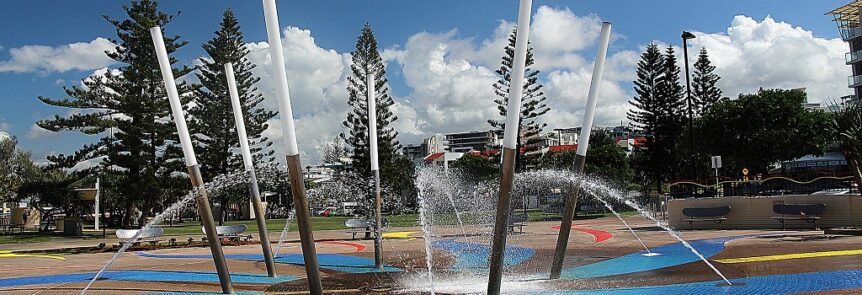Responsible for operating and maintaining essential civil infrastructure over an area of 5,223 square kilometres, Unitywater is an organisation that truly appreciates the benefits and challenges of embracing mobile technologies in enterprise asset management operations.
In 2016, with a mobility solution that delivered a frustrating end-user experience and required extensive customisation of their asset management system, Unitywater and COSOL undertook to deliver the Mobile Field Office (MFO) project. Spearheading the Asset Performance Program’s agenda to cut the cost to serve Unitywater communities, the MFO involved removing complex integration architecture that would allow asset management systems to be upgraded to the latest release and introducing a modernised mobile interface to operate seamlessly between systems and eliminate frustrations for field staff.
THE CHALLENGE
Unitywater had a mobile solution that provided work order information to field-based staff using Toughbook devices. However, it relied on a complex series of point-to-point integrations which were cumbersome to manage and prevented Unitywater from upgrading to the latest release of their enterprise asset management system. The complexities of this solution were experienced as:
- Unstructured data capture on asset condition;
- Slow and unreliable data transfer to mobile devices with no real time capabilities;
- Significant maintenance overhead and updates required physical access to each device;
- Complex, highly customised integration;
- An inability for field users to see a history of work on the asset; and
- Complex integration with other corporate systems including mapping tools (Esri ArcGIS), payroll, finance, and HR applications.
THE SOLUTION
Unitywater’s Asset Performance Program Manager defined “configuration, not customisation” as the driving requirement in finding a solution that would strike a balance between cost-effectiveness and satisfying the business requirements.
COSOL has been working on Unitywater’s asset management systems since the utility was founded. As an established, trusted partner, COSOL had identified the savings and system improvements that would be possible by removing the complex integrations and proposed EZMaxMobile as a solution. The scope of work included:
- Removing Kern (and the customisations it required) and replacing it with EZMaxMobile;
- Upgrading IBM Maximo Asset Management to the latest 7.6 release;
- Updating active ESB interfaces to align with Maximo 7.6 using SoftwareAG webMethods, and realigning the integrations between finance, payroll and CRM systems; and
- Providing training for key business users.
THE OUTCOMES
The MFO is universally described as an enabler – removing the barriers to operational efficiency today and opening the possibilities for future innovations.
Tangible benefits resulting from the MFO have been generated mainly through the simplification of supporting IT infrastructure. Overall project outcomes include:
- Better, more accurate data to inform short and long-term decision making;
- Improved speed and ease of use for field crews;
- Reduced support cost;
- Reduced IT infrastructure cost; and
- Enabling future innovation.
Most importantly, the number of custom interface components has been reduced from 44 to 15, driving quality improvements in addition to maintenance savings. In particular, improved integration with ArcGIS has enabled map and asset data corrections to be easily flagged by field staff, processed and pushed back out to mobile devices within 24 hours. Previously, it could take months to see these corrections out in the field, resulting in poor data quality and limited incentive for crew members to report corrections.
Photo by Brian Ireland (Q907 Fountain at Kings Beach, Caloundra) CC BY-SA 2.0, via Wikimedia Commons

